Planning Pays Off: 5 Strategies to Get the Most Out of Your Delivery Speed Choice
August 04, 2025
5 min read
India’s eCommerce landscape is evolving rapidly, with customer expectations shifting towards faster delivery times. Among the various delivery options, next day delivery between metro cities has emerged as a game-changer, offering a balance between speed and cost-effectiveness. This blog delves into the mechanics of metro-to-metro next-day shipping in India, its significance, and the reasons behind its efficiency.

Understanding Metro-to-Metro Next-Day Shipping
Next-day delivery refers to the service where orders are delivered within the next calendar day. In the context of metro-to-metro shipping, this involves transporting packages between major metropolitan areas such as Delhi, Mumbai, Bengaluru, Chennai, Hyderabad, and Kolkata. These metros form the backbone of India’s commercial and consumer markets, contributing heavily to the nation’s online shopping volume.
The high demand and volume of shipments between these cities have led to the development of specialized logistics networks designed to facilitate swift deliveries. Unlike rural or tier-2 city deliveries, metro-to-metro shipping benefits from better infrastructure, higher shipment density, and advanced warehousing, enabling companies to promise and meet same-day delivery or next-day delivery timeframes.
The Mechanics Behind the Speed
Several factors contribute to the efficiency of metro-to-metro next-day shipping:
- Dedicated Logistics Corridors: Major logistics players, including courier companies and e-commerce platforms, have established dedicated routes exclusively for metro-to-metro shipments. These corridors are optimized for high-volume traffic, reducing delays often caused by mixed-route transportation.
- Advanced Warehousing: Strategically located fulfillment centers within metro areas enable quicker order processing and dispatch. Many companies operate large-scale warehouses close to or inside metro cities, which minimizes the time taken to pick, pack, and ship orders.
- Technological Integration: Logistics firms increasingly rely on AI, machine learning, and real-time data analytics for route optimization. These technologies enable dynamic scheduling and re-routing to avoid delays caused by traffic congestion or weather issues.
- Air Cargo Utilization: For longer distances or when ground transit times risk missing delivery windows, air cargo is used. Metro cities like Delhi, Mumbai, and Bengaluru have well-connected airports facilitating rapid shipment movement.
Together, these elements streamline the entire delivery pipeline, allowing businesses to offer speedy and reliable expedited shipping services.
The Growing Demand for Speed
Consumer expectations have evolved, with a significant emphasis on rapid delivery options. According to a report by Markets and Data, the India express delivery market is projected to grow from USD 15.38 billion in FY2024 to USD 39.21 billion by FY2032, reflecting a Compound Annual Growth Rate (CAGR) of 12.41%.
This surge is attributed to the increasing demand for same-day delivery and next-day delivery services, driven by the growing penetration of smartphones, rising internet accessibility, and changing consumer habits. Customers now expect the convenience of fast shipping even for everyday purchases, not just luxury or emergency items.
In addition to next-day delivery, ultra-fast options such as 1-hour delivery and 2-hour delivery are becoming more popular in major metros, especially for groceries, pharmaceuticals, and food delivery, highlighting the increasing sophistication of urban logistics.
Benefits for Businesses and Consumers
For Businesses:
- Competitive Advantage: Offering expedited shipping options can differentiate a brand in a crowded market, attracting time-sensitive customers.
- Increased Sales: Faster delivery times contribute to higher conversion rates, reduce cart abandonment, and improve customer satisfaction, all boosting revenue.
- Operational Efficiency: Streamlined logistics processes reduce storage costs, minimize inventory holding times, and optimize delivery routes, lowering overall operational expenses.
For Consumers:
- Convenience: Quick access to products enhances the shopping experience, making consumers more likely to shop online regularly.
- Reliability: Predictable delivery times build trust in the service, encouraging repeat purchases.
- Flexibility: Options like 1-hour delivery and 2-hour delivery cater to urgent needs, especially in urban settings where immediacy is valued for daily essentials.
Challenges and Considerations
While metro-to-metro next-day shipping offers numerous advantages, certain challenges persist:
- Infrastructure Limitations: Despite improvements, traffic congestion in metros can cause last-mile delivery delays. Narrow lanes, parking constraints, and delivery density create hurdles for logistics providers.
- Operational Costs: Maintaining a rapid delivery network requires significant investment in technology, manpower, and vehicles, impacting profit margins for some businesses.
- Environmental Impact: The push for faster deliveries has led to increased carbon emissions and packaging waste. This necessitates innovation in sustainable logistics practices, such as electric delivery vehicles and eco-friendly packaging.
Why Metro-to-Metro Next-Day Delivery Is Here to Stay
The future of metro-to-metro next-day shipping in India looks promising. With advancements in logistics technology, increased investment in infrastructure, and a growing focus on sustainability, the efficiency and reach of expedited shipping services are set to improve further.
If you’re ready to offer your customers lightning-fast metro-to-metro shipping and gain a competitive edge, Shipyaari Sprint provides reliable, efficient delivery solutions tailored for your business needs.
Wrapping Up
The right logistics partner is an integrated part of your business operations. By choosing a reliable logistics partner, you can enhance your customer experience, build trust, and drive long-term success for your business.
At Shipyaari, we offer end-to-end logistics solutions and express services tailored to your business needs. With coverage across 29,000+ PIN codes in India and shipping to over 190 international destinations, Shipyaari ensures your business reaches customers efficiently and reliably.
Experience seamless shipping and elevate your customer experience—try it for free today!
Frequently Asked Questions
Metro-to-metro next-day delivery refers to a shipping service where products ordered online are delivered within the next calendar day between major Indian metro cities like Delhi, Mumbai, Bengaluru, Chennai, Hyderabad, and Kolkata. This fast shipping option leverages strong infrastructure and optimized logistics routes to ensure quick delivery.
Next-day delivery between metro cities is crucial for e-commerce businesses as it meets rising customer expectations for speed and convenience. It helps reduce cart abandonment, improves customer satisfaction, and gives brands a competitive edge in the fast-paced online retail market.
Logistics companies enable metro-to-metro next-day delivery through a combination of dedicated delivery corridors, air cargo networks, real-time tracking technology, and strategically placed fulfillment centers. These elements streamline the entire delivery process.
D2C brands, e-commerce sellers, and online marketplaces benefit significantly from metro-to-metro next-day shipping. It’s especially useful for industries like fashion, electronics, beauty, and essential goods where fast delivery can influence purchasing decisions.
Suggested Reads
Hyperlocal Personalization: Tailoring Experiences for Local Customers
Introduction The eCommerce industry in India has witnessed a rapid growth of hyperlocal services in
Continue ReadingDec






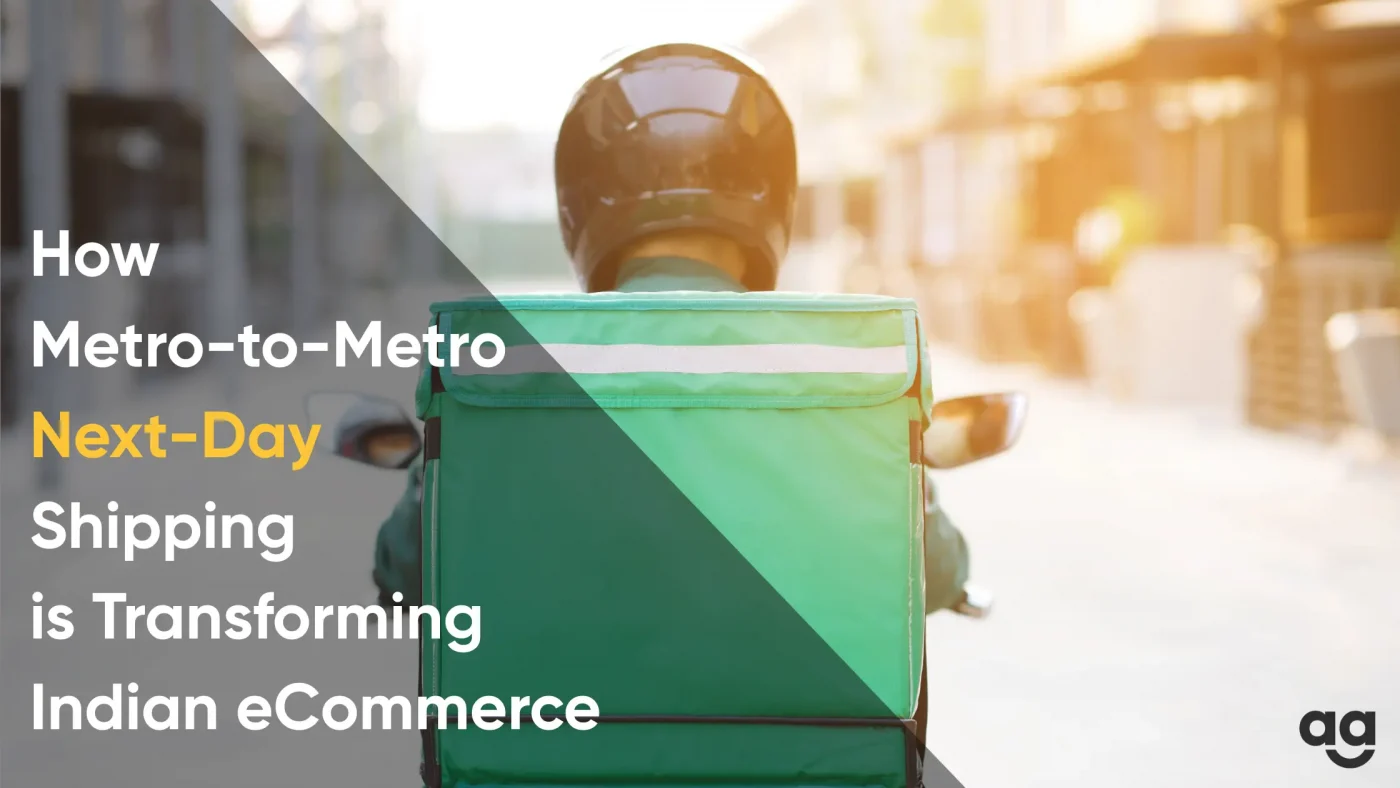



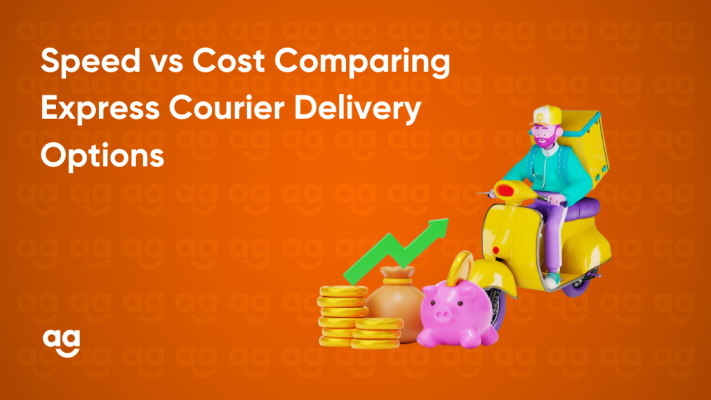

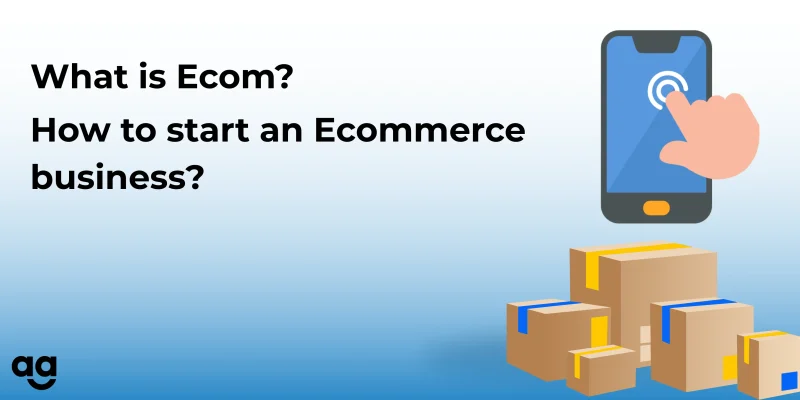

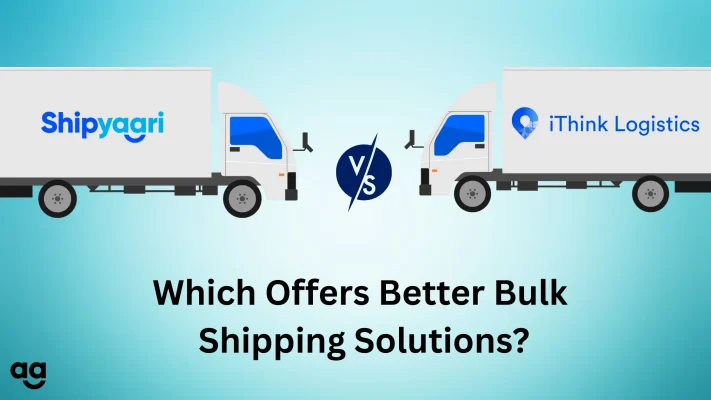

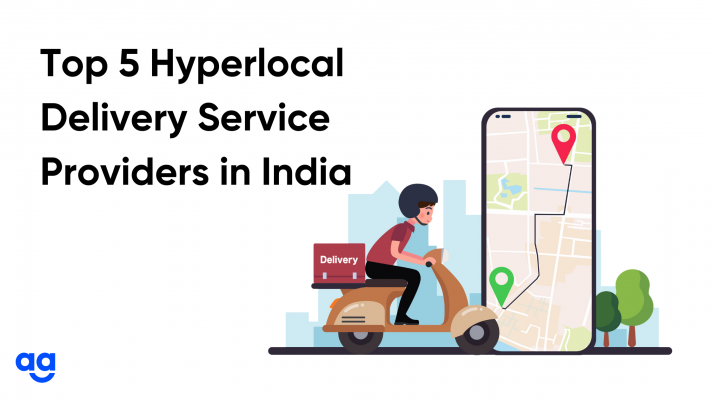
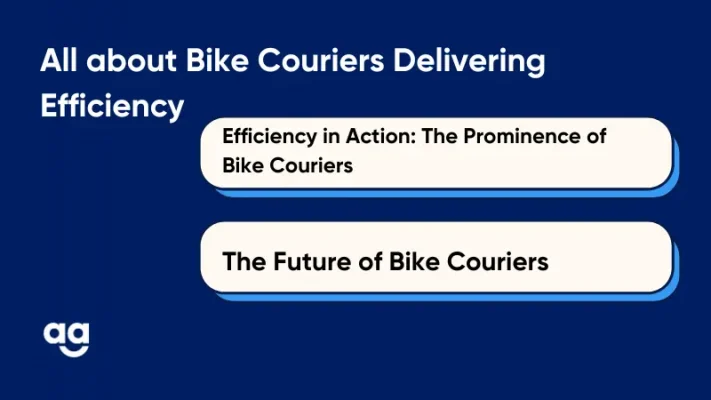
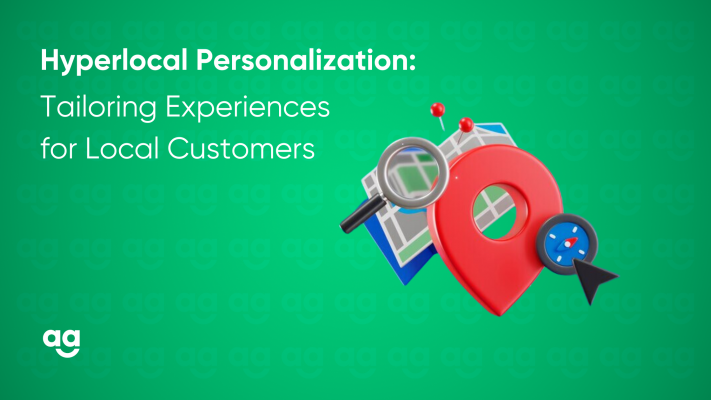
 Shipping
Shipping







